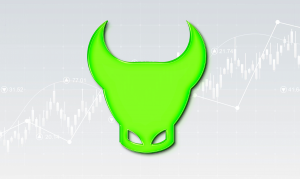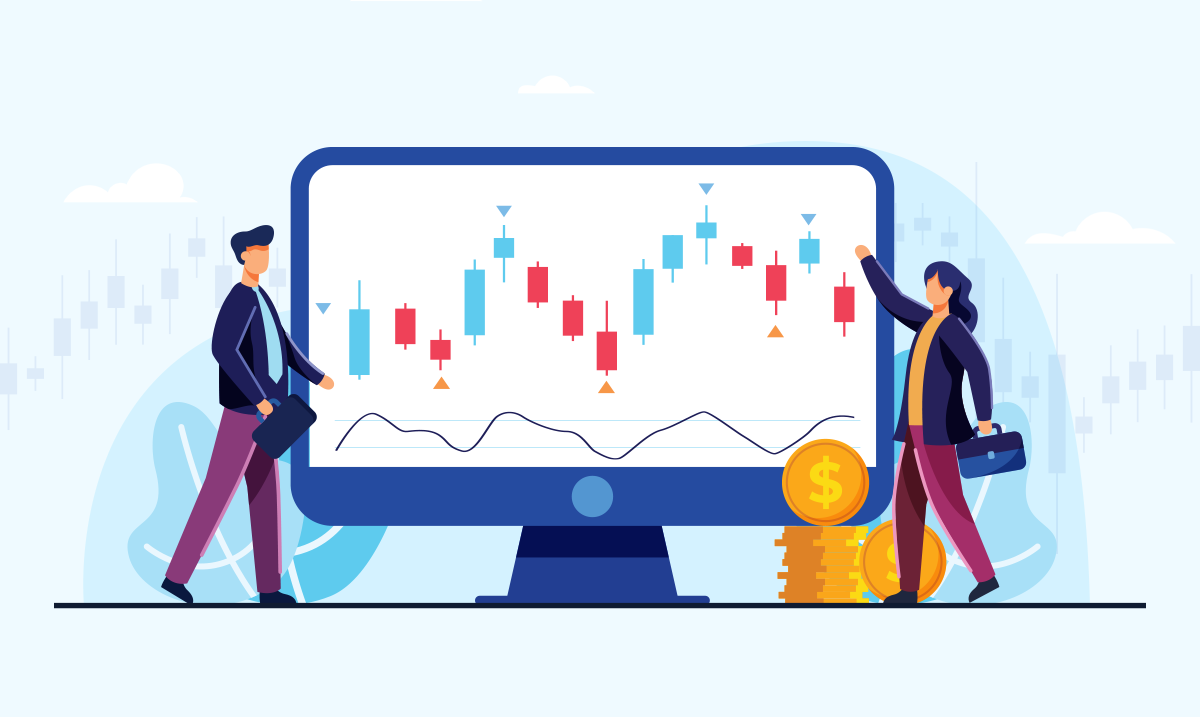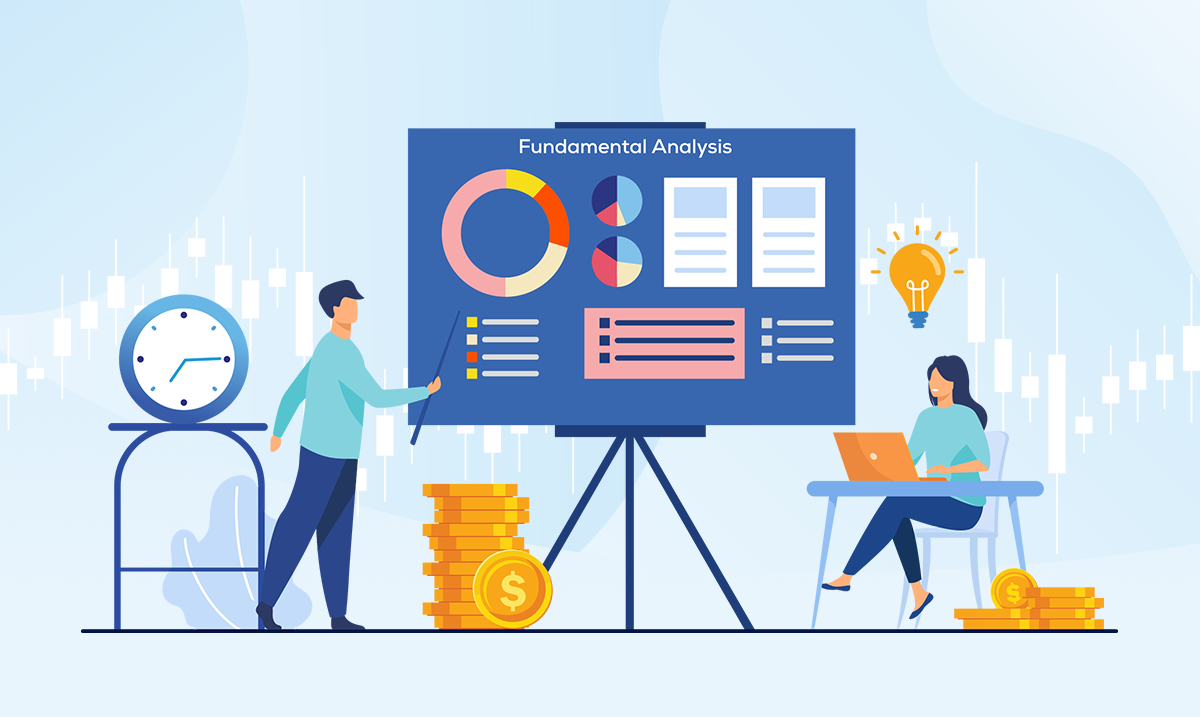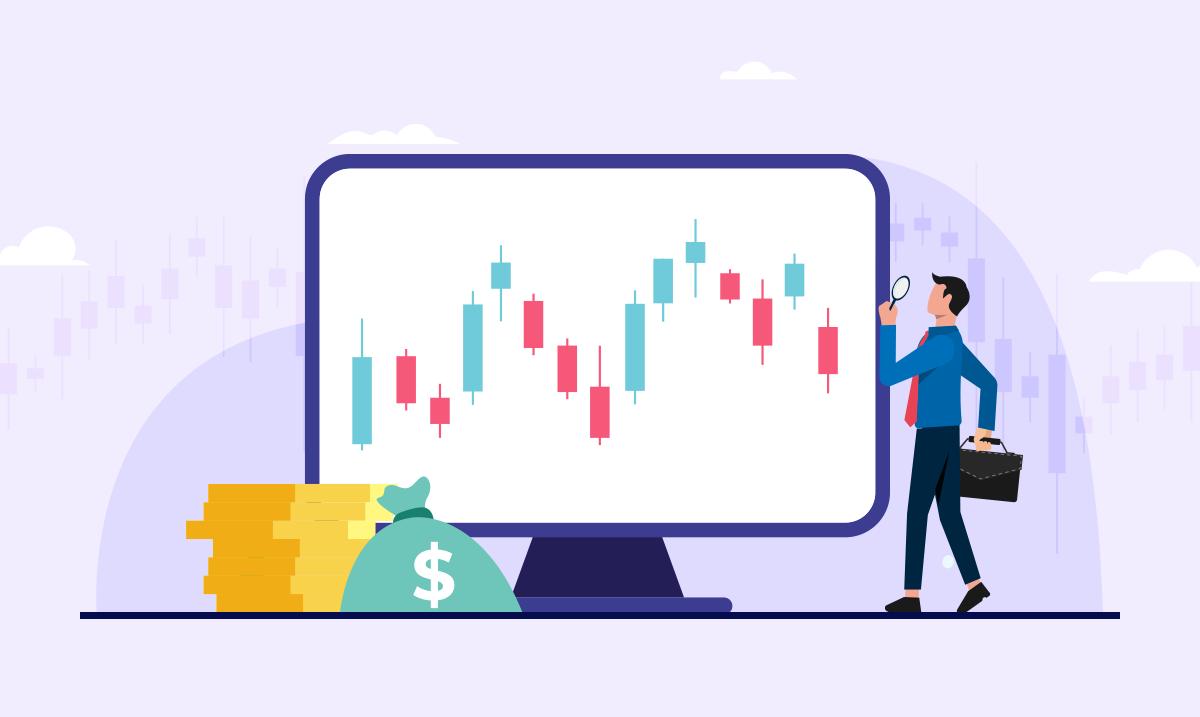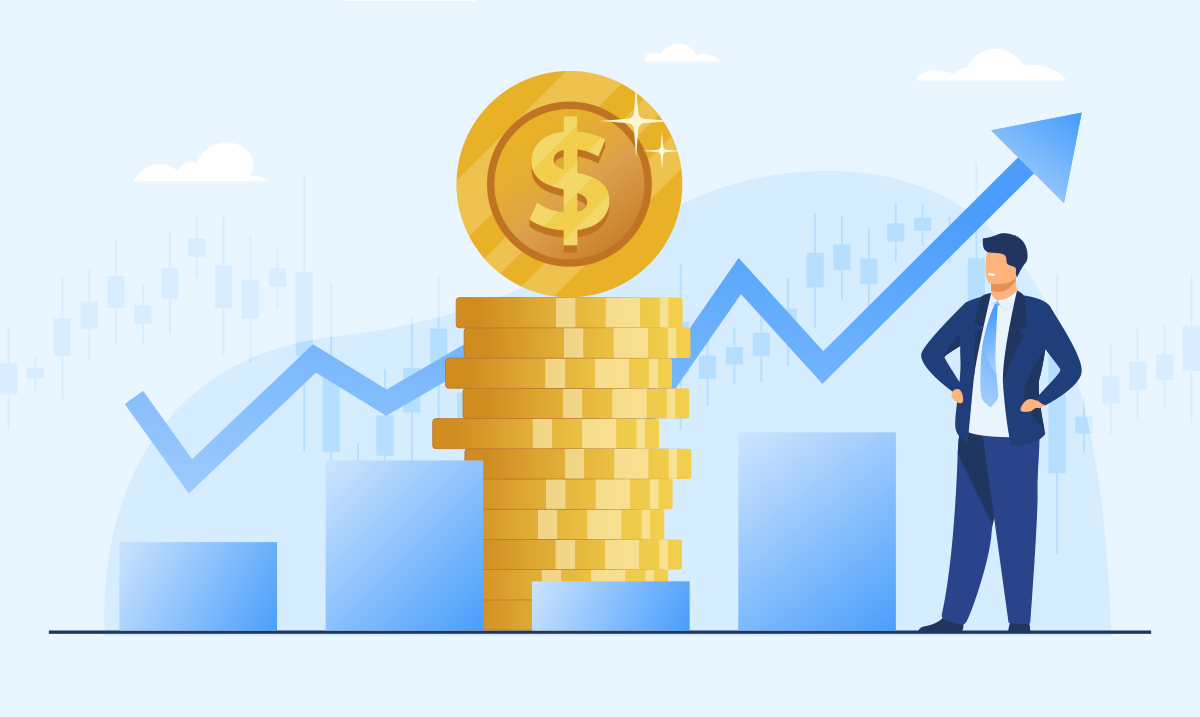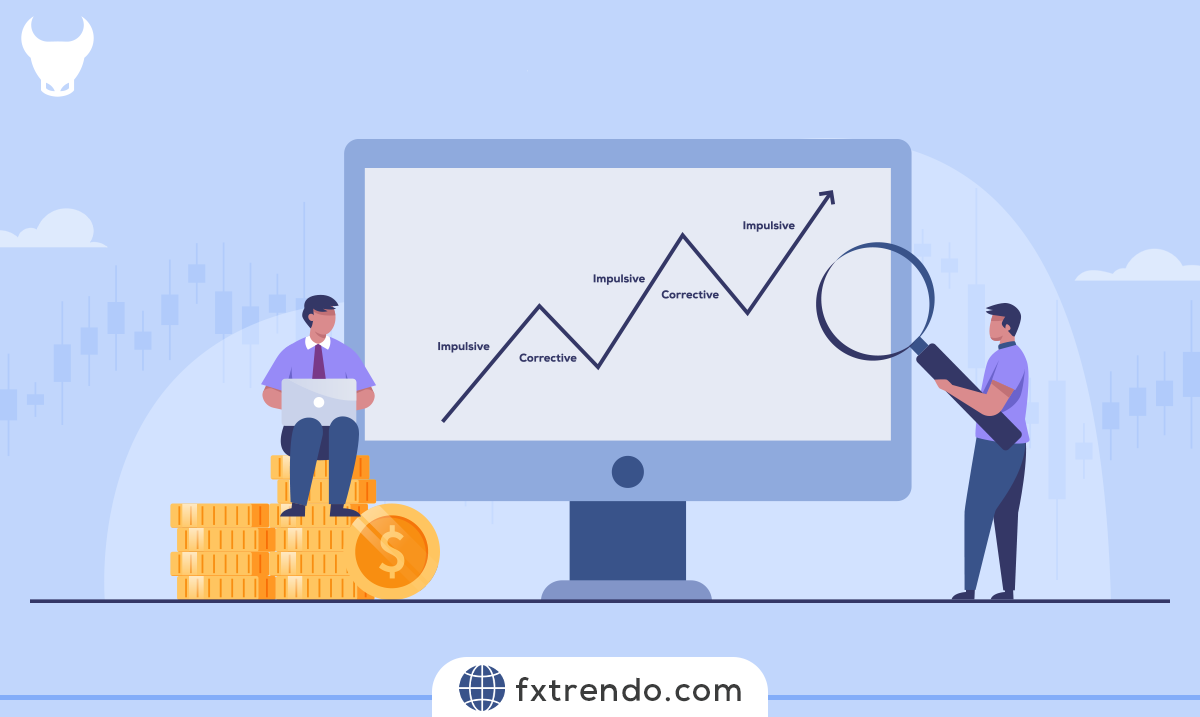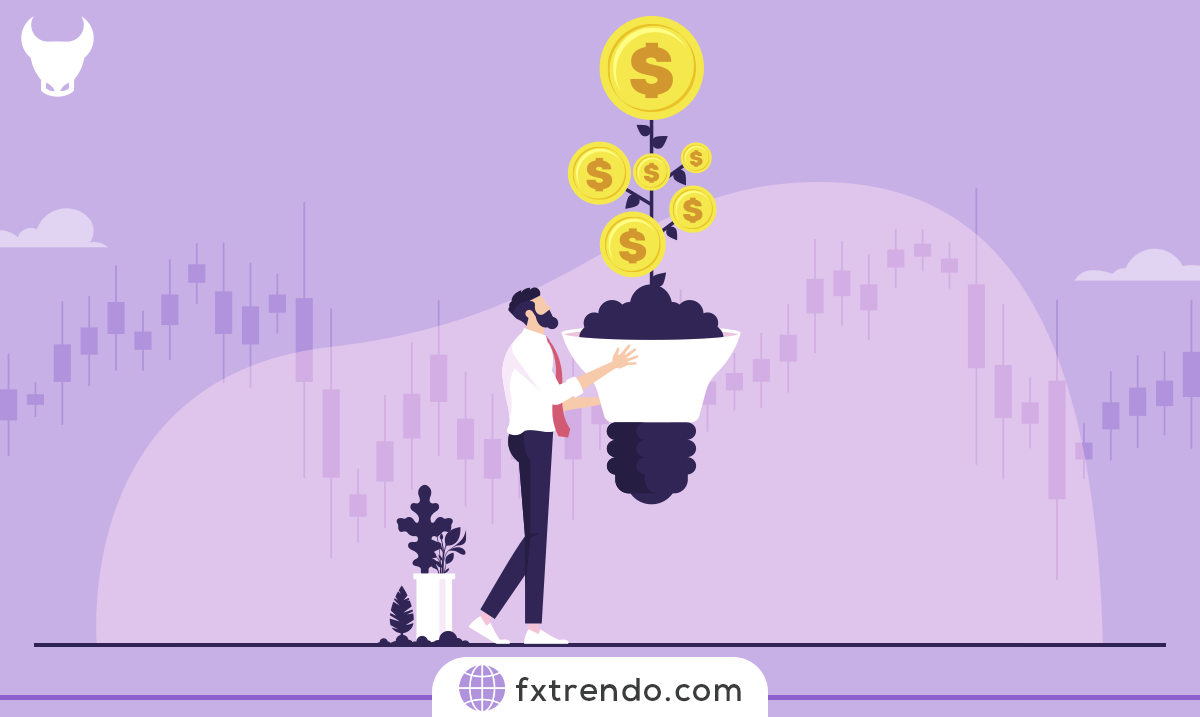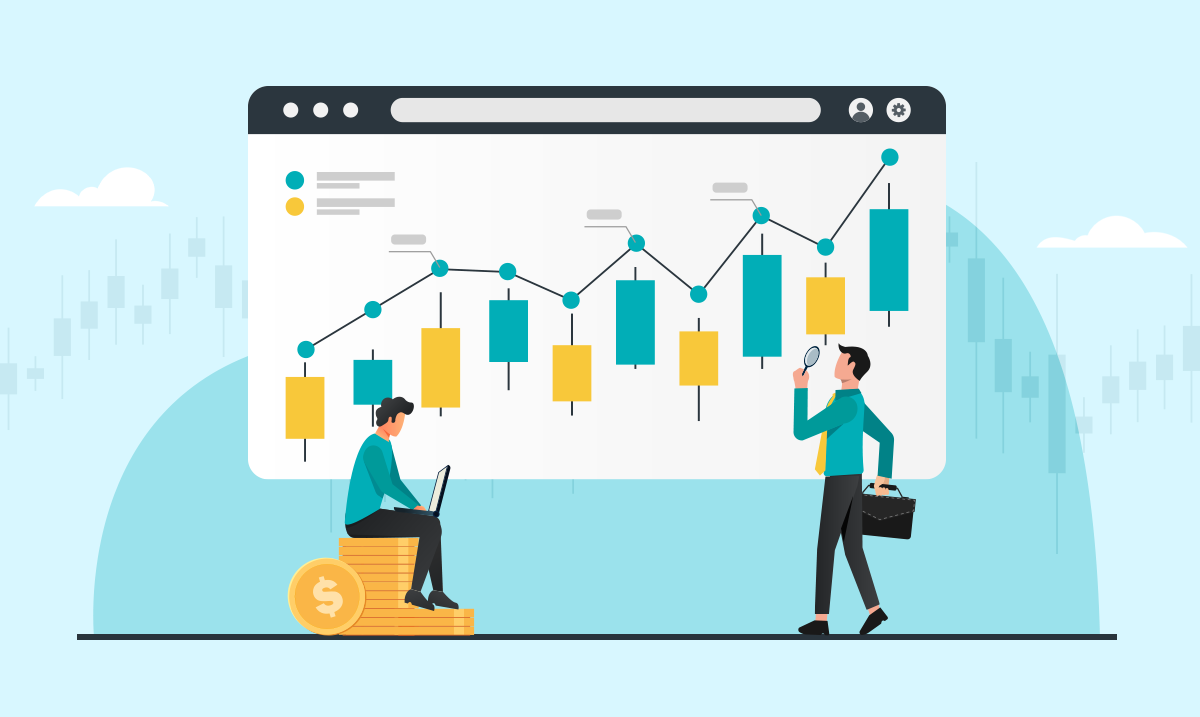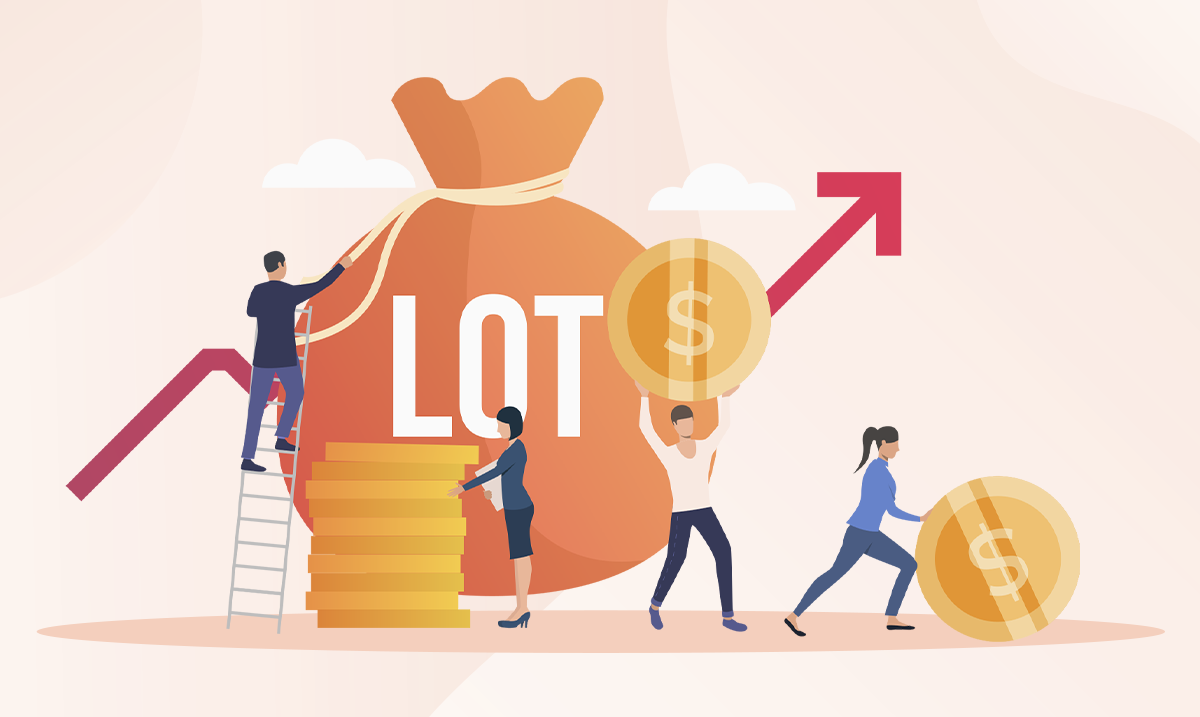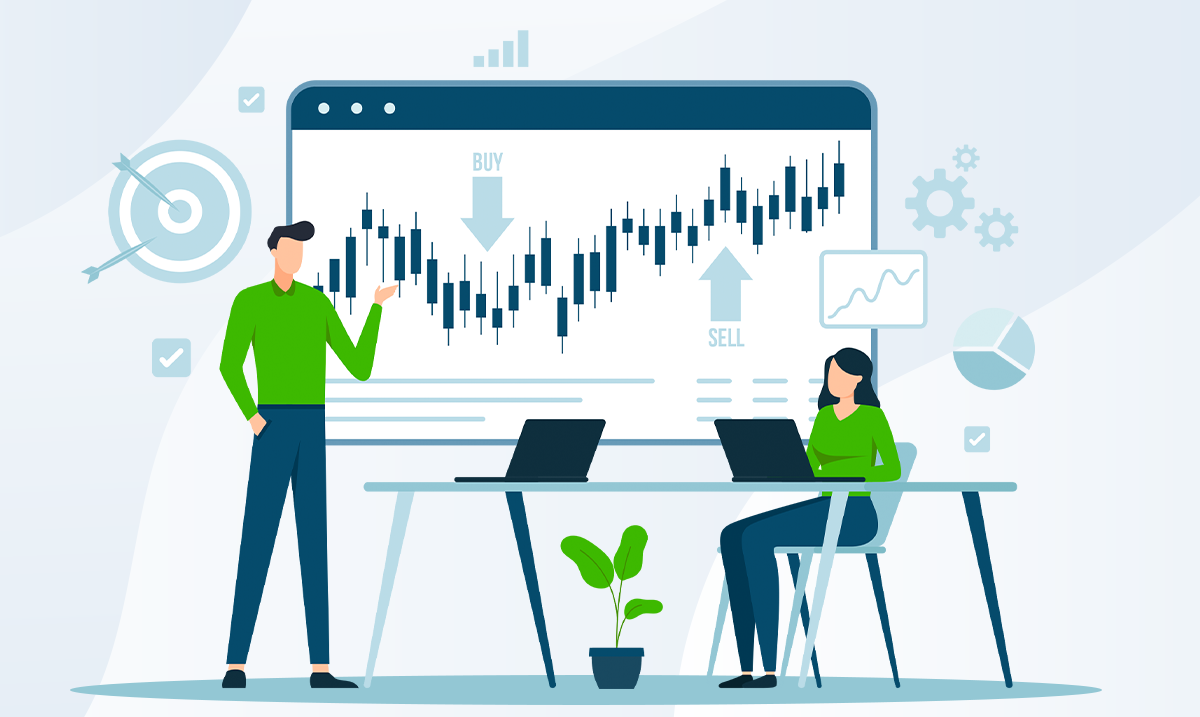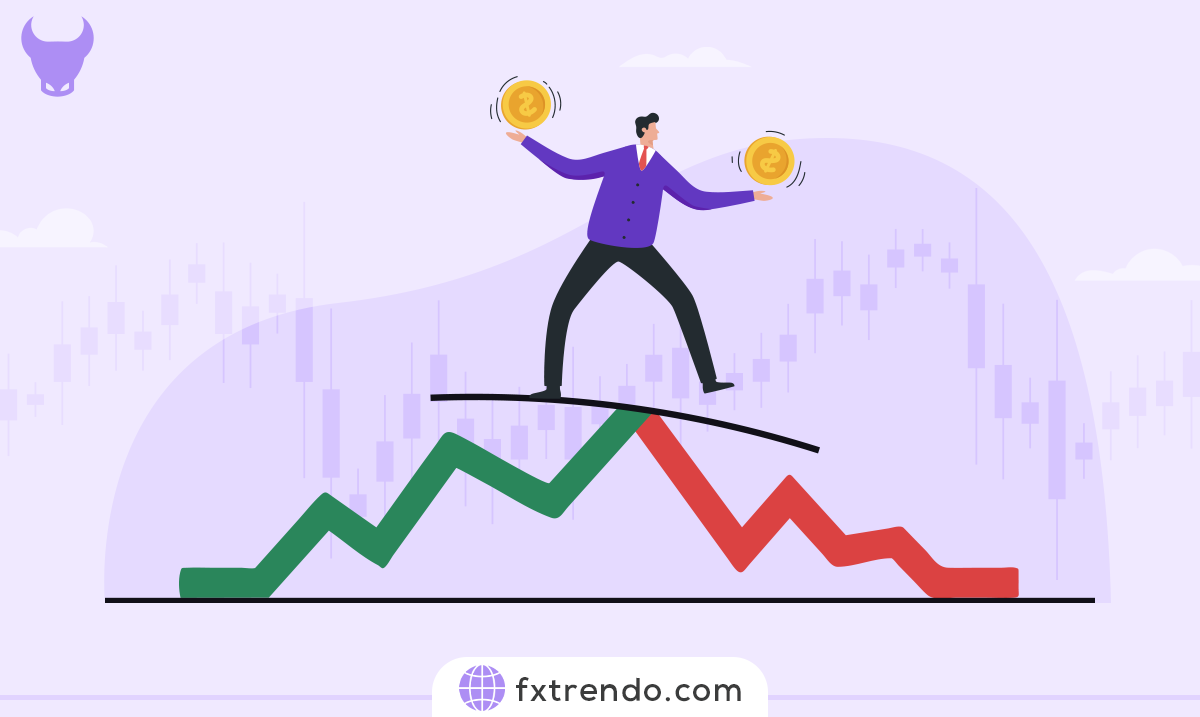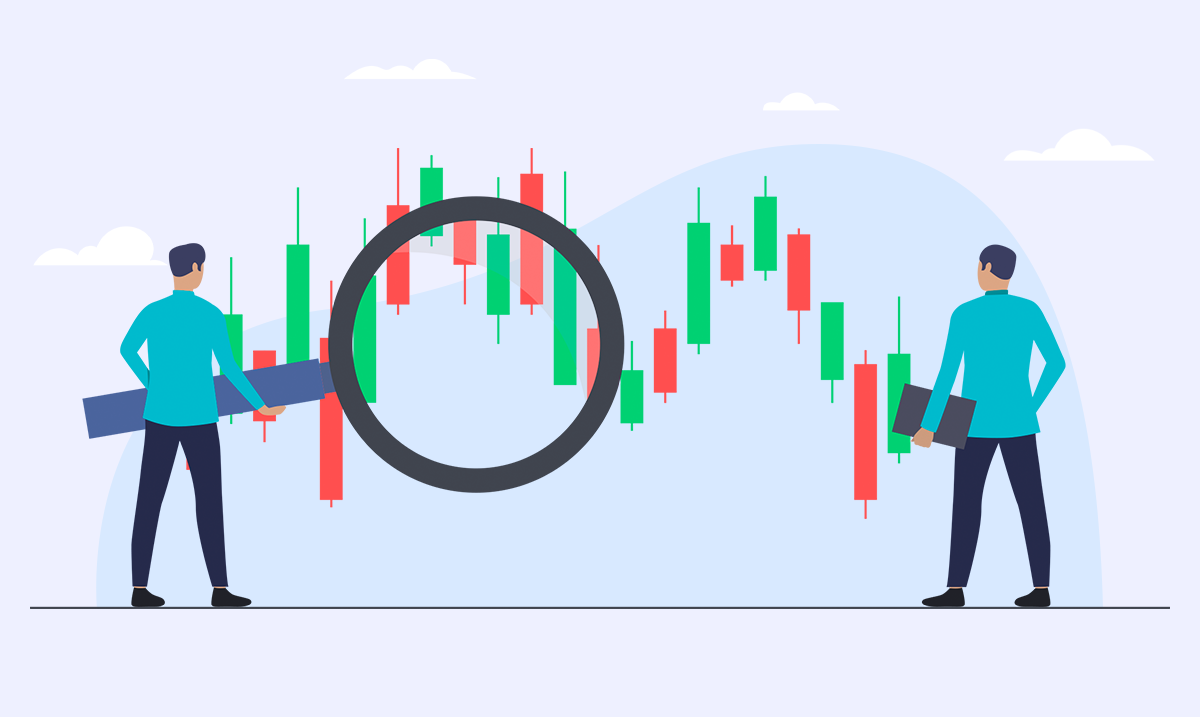What is Forex, and how do you trade in Forex?


Forex is different countries' currency exchange market where trillions of dollars are traded daily globally. The investment world is full of opportunities, and the stock and bond markets attract the most attention. But the forex market overshadows them with a significant volume.
Although many entities that trade currencies through the forex market are banks, governments, and high-volume brokers, there is room for individual investors as well, and this market is tangled with risk like most investment opportunities.
Contents
What is Forex?
Forex is the market for buying and selling different countries' currencies to make a profit. This market requires a trader to predict the various currencies' strengths against each other using predetermined currency pairs such as the Euro and the US Dollar. The goal is to buy currencies at lower prices and sell them at higher prices to make a profit.


What days and hours is the forex market active?
The forex market works 24/5. The trading day starts in Australia, moves to Europe, and ends in North America. These trading sessions overlapping throughout the day are highly volatile, and factors ranging from consumer confidence to inflation to geopolitical events can affect them.
Forex market Advantages
The forex market can be very profitable and has several advantages, which include:
- Providing an international market
- Low entry fee
- High-profit potential
- Different platforms offering free training
Further, we explain each of these advantages.
Providing an international market: investors are not limited to trading in their country's currency, and many options are available for trading through this market.
Low entry fee: While many market makers make trades worth millions of dollars, you can start trading for as little as $5 in the market, depending on the platform of your choice. With leverage, even small amounts of money can yield huge profits (Of course, with a higher risk).
High-Profit Potential: The forex market is open 24/5 worldwide. Since most traders use leverage, there is potential for big profits and losses.
Different platforms offering free training: Many trading platforms offer free training and a demo or trial account since the forex market is known to be volatile. Traders can make hypothetical trades and understand how leverage works with a demo account.
Forex market Disadvantages
The forex market also has disadvantages with its many advantages, which include:
- High volatility
- Fraud possibility
- Zero capital possibility
Further, we explain the disadvantages in detail.
High Volatility: More factors like political movements, tourism, interest rates, etc., affect the forex market compared to the stock market. Predicting what will change the price is difficult, making it a quite risky market.
Fraud possibility: The forex market is prone to the presence of various fraudsters. Since all trades are done digitally, it is easy to trick unsuspecting people and steal people's capital using a fraudulent platform.
Zero capital possibility: trading in Forex is very different from buying stocks. There is a possibility of losing capital on the real account, although demo accounts are available.
Types of forex market
The forex market differs from the stock market because it has no central, physical address like Wall Street. Instead, the market is a complex network of computers and brokers around the world, divided into three categories:
- Spot market
- Forward market
- Futures market
We will explain them further.
Spot market: The spot market is like a snapshot of a country's currency price. Different currencies are traded at their value at that moment without long-term speculation. Spot trades can take minutes or seconds, and usually, large commercial entities such as banks and governments execute them. Usually, the profit on these trades is small, but the high volume makes it profitable for large traders.
Forward market: In this market, transactions are made based on the price change expectation in the future. A forward market contract is between two parties who agree to execute a trade on an agreed date in the future. The forward market Buys reduce the innate risk in forex trading.
Futures market: The futures market is similar to the forward market. But while forward contracts are usually custom contracts executed between two parties, futures contracts are standardized by duration and number of units and traded on an exchange.
How to trade in Forex?
While Forex trading has similarities to the stock market, it has regulations that complicate trading. For example, traders in this market should choose a trading currency pair instead of buying a currency and waiting for its value to increase.


The most common currency pairs that include the US dollar are:
- EUR/USD
- USD/JPY (Japanese yen)
- GBP/USD (British Sterling Pound)
- USD/CHF (Swiss Franc)
- AUD/USD (Australian dollar)
- USD/CAD (Canadian Dollar)
- NZD/USD (New Zealand Dollar)
However, at least 30 currency pairs are traded daily.
Read More: Major currency pairs and symbols of the forex market.
The forex market's essence is speculative. Once a trader has selected a currency pair, he is guessing how much of one currency he can buy using the other currency. For example, when someone opens a long position in the EUR/USD currency pair, they speculate that they may be able to buy more euros now at a lower price than the US dollar in the future. The investor can make a profit if the Euro's price increases. If the price drops, the investor may lose.
How do you start trading in the forex market?
Starting in this market as an individual investor is relatively simple, although large institutions do most of the forex trading. Many broker websites, such as the stock market, allow investors to create a profile and deposit their capital.
For those who want to try the forex market but need more tips, TRENDO offers free guidance and training. TRENDO also provides the opportunity to start trading with a demo account without investing real money.


Forex trading is highly liquid and volatile, so investors should thoroughly research what they are buying and the risks of forex trading before investing. Consider what factors affect the market and how long you want to keep your capital in the market. Remember that price changes can happen at any time in a 24-hour exchange.
What is the best forex trading broker?
There are as many forex brokers as stock trading apps. However, since the forex market is traded worldwide, you must research which broker is suitable. If you are primarily interested in forex trading, FXTRENDO.com could be a good option.
Read More: Why Trendo?
What are the most common forex terms?
Forex trading has its terminology. Here are some key terms.
PIP: PIP is the smallest measurement unit for Forex trading.
Leverage: Leverage allows retail traders to invest a small amount of money and use it to control a much higher amount. For example, 50:1 leverage is very common. That means for every dollar you invest, you can control $50. While this allows smaller investors to enter the arena, it also increases risk. You have to deposit the entire desired amount without leverage, but you can invest much less and still trade a significant amount with leverage.
Margin: Using leverage allows traders to make more profit, but they still must have money to cover their investments. This collateral is called Margin .
FAQ about the forex market


Is the forex market profitable?
Clever traders can profit from forex trading, but the potential for loss is high since the market is so volatile.
How risky is trading in the forex market?
The forex market is considered a risky investment for two reasons.
1. The Forex market is very volatile and can be affected by inflation, investor confidence, geopolitical events, etc.
2. The forex market has become a cradle of fraud schemes. Dishonest figures often make attractive and complex offers that are difficult to investigate. Investors must proceed with caution.
How much money do I need to start trading in Forex?
Each forex trading platform or broker has different minimums. Some allow small transactions as small as $1. However, the minimum investment amount is usually $100 to $500.
How can I open a trading account in the forex market?
Opening a Forex trading account is simple. First, choose a broker. Our suggestion is TRENDO broker. Then, you must provide basic information to verify your identity, create a username and password, and link a bank account to fund transactions.
Summary
The forex market is a high-volume market for trading international currencies worldwide. This market is open 24/5. Different currencies are paired in this market to determine which gains and which loses their value so traders can profit. While the big players dominate this market, retail investors can make significant profits if they understand the system and do enough research to buy and sell wisely. The cost of entering the market is much lower, and investors can use leverage to make more profit on each trade. That can increase profits when trading correctly but also may lead to more losses. The markets are very volatile, and there is a possibility of zero capital in this market. Investors should proceed with caution due to the existing risks.
Article similaire
Le plus visité
0









